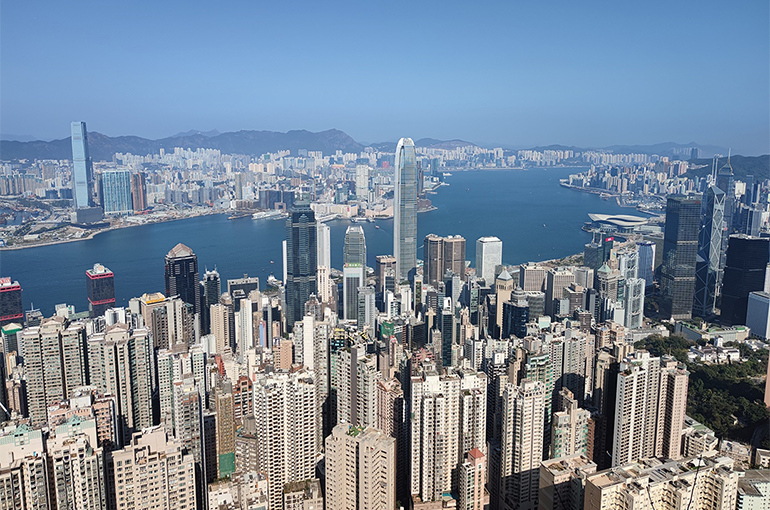 Hong Kong Raises Loan-to-Value Ratio to Up to 70%
Hong Kong Raises Loan-to-Value Ratio to Up to 70%(Yicai) Feb. 29 -- The Hong Kong Monetary Authority has decided to adjust the countercyclical macroprudential measures for property mortgage loans to boost the real estate market, including raising the loan-to-value ratio to up to 70 percent.
The maximum LTV ratio for self-occupied residential properties in Hong Kong with a value of HKD30 million (USD3.8 million) or below will be increased to 70 percent, the HKMA announced yesterday. For self-occupied residential properties valued at HKD35 million or above and non-self-use residential properties, the maximum LTV ratio will be raised to 60 percent.
To avoid a sudden drop in applicable LTV ratios, the ratio for properties valued between HKD30 million and HKD35 million will be adjusted downward gradually, the HKMA added.
Moreover, the maximum LTV ratio for non-residential properties was raised to 70 percent from 60 percent, and that for property mortgage loans assessed based on the net worth of borrowers was increased to 60 percent from 50 percent, the HKMA noted.
Taking into account the property market situation, the HKMA raised the financing caps for property development projects back to the levels before 2017, with the overall financing cap up to 60 percent from 50 percent. The financing caps for the value of the property site and the construction costs will be increased to 50 percent and 100 percent from 40 percent and 80 percent, respectively.
Last July, the HKMA launched some adjustments to the LTV ratio focusing on self-use residential properties priced below HKD30 million. But the local real estate market and statistics about mortgages remained sluggish.
Residential property prices in Hong Kong fell 7 percent last year and further declined 1.6 percent in January, with a cumulative correction of more than 20 percent from the peak in 2021. The situation in the non-residential property market is similar. The average prices of offices fell about 7 percent last year, while market data showed that the vacancy rate of Grade-A offices rose to about 16 percent at the end of last year.
In addition, Hong Kong’s Financial Secretary Paul Chan said yesterday in its 2024-2025 budget speech that all property buyers in the special administrative region will be spared from paying additional stamp duties, buyers' stamp duties, and new residency stamp duties.
But market insiders have diverging opinions about the policies that Hong Kong launched to boost the housing market.
In the first half of the year, Hong Kong’s housing market will still face challenges, even if the local government cancels related regulatory and controlling measures, UBS Group noted, adding that Hong Kong’s housing price will likely fall 5 percent to 10 percent this year.
The boost offered by policies and the market expectation that the United States will cut its interest rates this year will help the Hong Kong housing market to stop the downward tendency and stabilize, said Dave Ma Tai-yeung, chief executive officer at Midland’s Hong Kong Property Services.
Optimistically, Hong Kong’s housing prices are expected to rise 3 percent to 5 percent this year, with the expected number of residential property transactions remaining above 60,000 this year, Ma Tai-yeun added.
Editor: Futura Costaglione